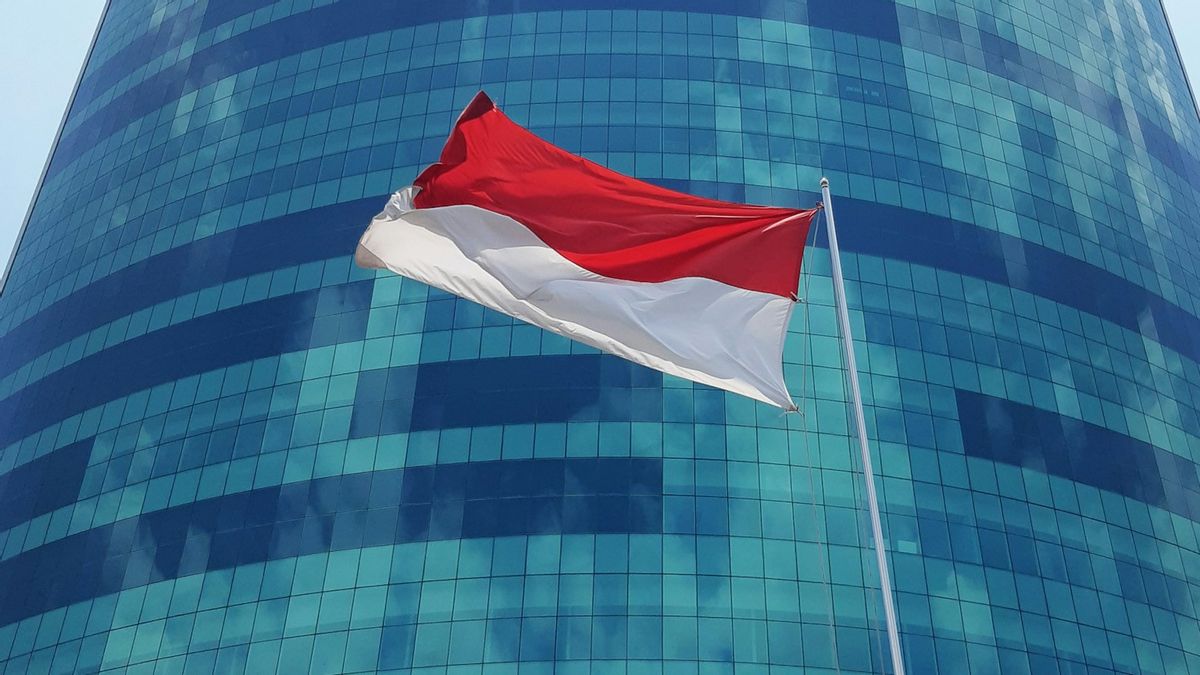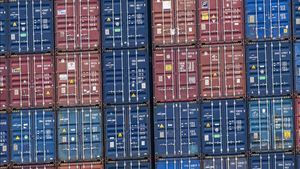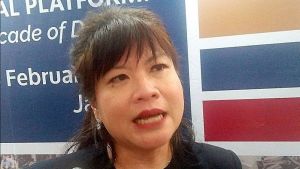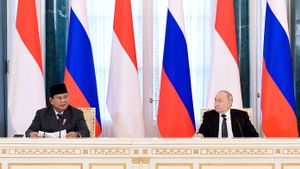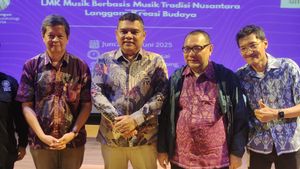JAKARTA - Chief India and Indonesia Economist HSBC Global Research Pranjul Bhandari said, Indonesia needs to really carry out structural reforms so that the 8 percent economic growth target can be achieved.
To achieve the target set by President Prabowo Subianto, he acknowledged that this was a quite difficult task for Indonesia. Therefore, according to him, it is not enough if you only rely on fiscal policies and monetary policies as usual.
It is not enough just fiscal policy and monetary policy. Stimulus alone cannot increase growth to that level. In my opinion, structural reforms are needed, especially in increasing the manufacturing value chain. More downstreaming," said Pranjul in a hybrid media briefing, in Jakarta, quoted by Antara, Friday 10 January.
Pranjul assessed that Indonesia has so far succeeded in increasing the added value of domestic raw materials through downstream industries such as downstream metals. However, he also reminded Indonesia to continue to move further, such as entering the global value chain for electric vehicle battery products and electric vehicles themselves. Then, more diverse exports of products are also needed.
"This really needs to be improved. So, Indonesia really needs to be diversified and also go up to the manufacturing value chain. In my opinion, it will be important if you want to approach growth of 8 percent," he said again.
Pranjul views that Indonesia has an opportunity, for example, to increase exports of consumables to the United States (US). Moreover, according to him, Indonesia's trade balance surplus with the US is not so significant that it is unlikely to face the threat of Donald Trump's tariff.
In my opinion, there are many opportunities that are open. But Indonesia must prepare the stage properly with several things that must be done, such as better infrastructure and adding more skilled workers," he said.
More importantly, said Pranjul, Indonesia needs to accelerate more free trade agreements (FTA) and bilateral agreements with developed countries. This will help Indonesia in the medium term to increase exports that vary and increase the potential for economic growth.
Regarding Indonesia, which officially joins as a full member of BRICS (Brazil, Russia, India, China, and South Africa), Pranjul believes that Indonesia's participation is important for economic opportunities in the medium term.
SEE ALSO:
However, according to him, so far many BRICS member countries have not really maximized cooperation opportunities. If this opportunity can be maximized through trade agreements between anggora countries, this BRICS membership is a good step to increase exports for Indonesia and increase Indonesia's real GDP growth over time.
HSBC projects world GDP growth this year is likely the same as the previous year, which was around 2.7 percent. Economic growth in Asia, outside Japan, is expected to remain resilient in the range of 4.4 percent by 2025.
Meanwhile, economic growth in the top six ASEAN member countries (ASEAN-6) is expected to reach 4.8 percent this year. With global uncertainty still ongoing, HSBC estimates that the Indonesian economy can grow 5.1 percent by 2025.
The English, Chinese, Japanese, Arabic, and French versions are automatically generated by the AI. So there may still be inaccuracies in translating, please always see Indonesian as our main language. (system supported by DigitalSiber.id)
